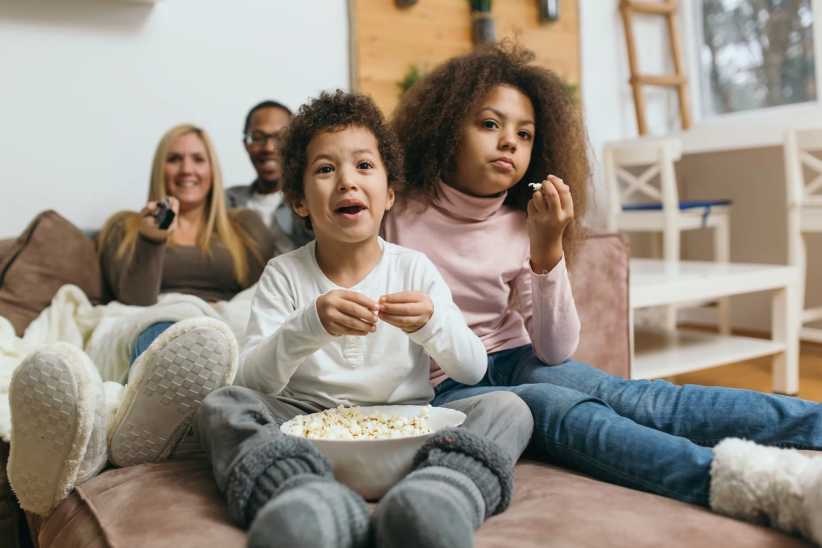I’ll never forget the day my oldest daughter, Hallie, learned to read. We had planned to go to the Fifth Avenue book fair, appropriately enough, when she wanted to sit on our stoop and look at a book. And suddenly, she ‘cracked the code’. This was a term I hadn’t even heard before — Hallie had just turned 5, and was a couple of weeks shy of starting kindergarten, but she went from knowing some sight words to sounding out unfamiliar words to reading a new book straight through, in just one afternoon. It was completely exciting, for both her and us, and she quickly become a curious and competent reader, skills that have followed her into high school.

My other girls also learned to read easily, if not so dramatically. In fact, Sela, my middle daughter, secretly learned to read at school, and never bothered to mention it. When we had a parent/teacher conference, her teachers told us what a great reader she was and we had to pretend to agree with them.
Our nanny was amazed at how well all three girls read, and how much they read. She wanted to know our ‘trick’, but the only thing we could say was that both my husband and I love to read, and the girls modeled our behavior. We had reading material all over the house, never had the TV on during meals (but read the newspaper at breakfast), and made regular trips to libraries and bookstores.
The greatest thing is traveling with our reading kids. They each fill a backpack with reading material, and whether we’re on the subway for five stops, a car trip or a cross-country flight, they are absorbed in their books, and my husband and I can catch up on back issues of The New Yorker.
Oddly enough, it turns out that my youngest daughter, Nora, has a vision tracking problem that impairs her ability to read. But she has been overcompensating. So much so that, at 8, she is reading, and enjoying, Little Women. When she learned how to read, she would lose her place within a word, making sounding out unfamiliar words impossible for her. But she was reading so well in kindergarten that no one thought there was anything wrong. Luckily, this problem was caught early enough, and did not frustrate her too much; as someone who used to tutor elementary school children with reading problems, I know first hand that kids who don’t catch on to reading quickly are often so discouraged that they give up on themselves.
Even once our kids could read, we still read books aloud to them, particularly at bedtime. The older girls loved when we took a huge book like Heidi, and read it over a couple of weeks. I was pleasantly surprised to find out that listening skills were critical on standardized tests later in elementary school, and to see that our home read-alouds had helped our girls become better listeners.
Keeping kids reading in their teen years becomes challenging again — middle and high schoolers often have so much required reading that they won’t read for pleasure. Or they read trashy books. I’ve tried not to become too alarmed at the proliferation of Gossip Girls books, and keep leaving books around that Hallie, who is now 14, might enjoy. On her own, she has picked up Jane Eyre and Memoirs of a Geisha. She’ll even page through The New Yorker when she’s done with Seventeen magazine. We’re so proud.



















